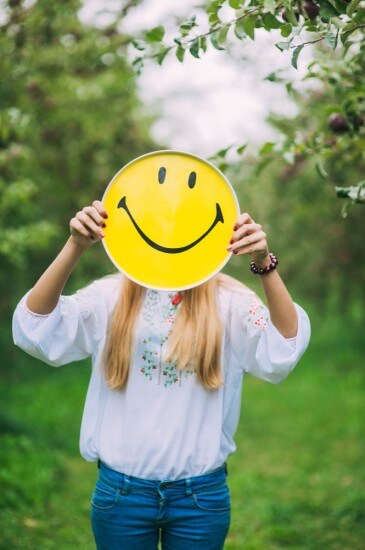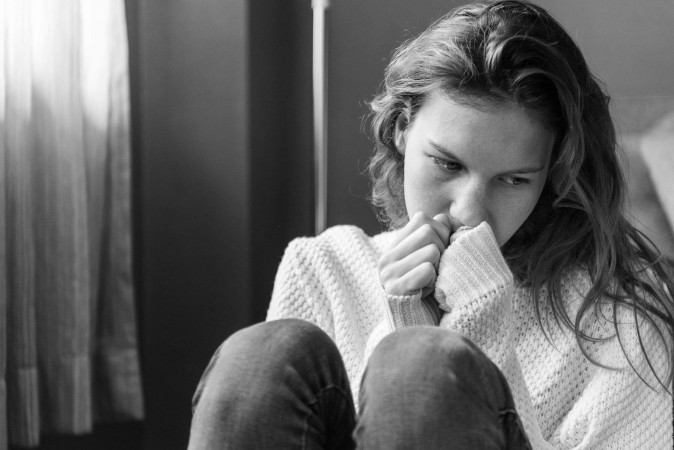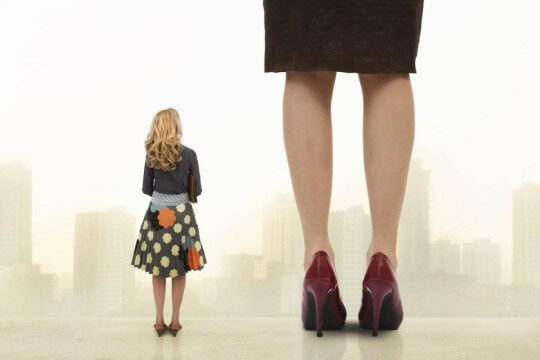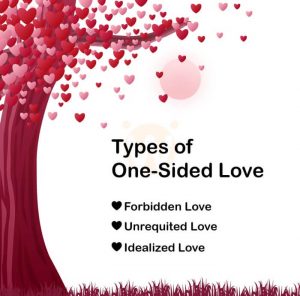Suicide: What a Celebrity suicide means to us?
By Madhu Kosuri
Last Updated: May 11, 2023
According to the studies, every day, about 3,000 people across the world die due to suicide. The family members of these people experience severe shock, disbelief and sometimes shame. The recent suicides of Avicii (DJ), Anthony Bourdain (Chef, TV host and author) and Kate Spade (Fashion designer) created sensational headlines. These celebrities were very talented, successful, wealthy and widely loved. The question was, “What made them take the extreme step”? The thoughts that precipitated the suicidal act, unfortunately, die with them. We can only make guesses about why they took their lives. However, we can learn lessons from celebrity suicides to help us deal with suicidal ideation.
Celebrities are, after all, human beings.
When a family member or a close friend dies due to suicide, the experience can be emotionally devastating. But when a celebrity dies due to suicide, it is not just their family but the entire world that is left shocked and betrayed. We realize that celebrities, despite all the fame, money, and everything else, are not immune to suicides. They are also human beings; like everybody else, they also experience pains and disappointments. But, they must manage or cope with them alone and away from the public eye. We need to realize that, unlike celebrities, we enjoy the liberty of talking about suicidal ideation and seeking help from mental health professionals to resolve all our problems.
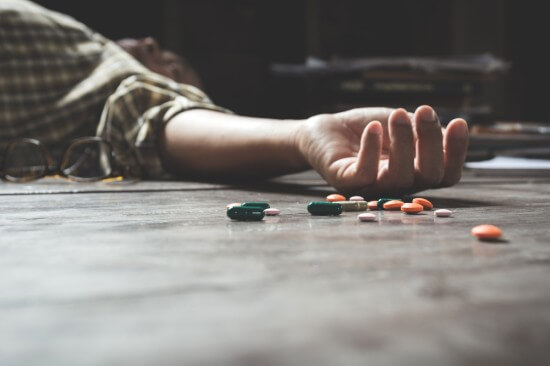
The impact of a celebrity suicide can be intense and personal.
The news of celebrity suicide and the intense media coverage catch the fans and the general public unaware and shock them to the core. The news can also trigger sadness, fear, confusion and anger. People react intensely because they view celebrities as stronger and less vulnerable than the common man. When Robin Williams (actor and comedian) died by suicide, his fans were devastated. Many exclaimed, “How could someone who made the world laugh get so disillusioned with life that he killed himself”? Celebrity suicides can also be shattering. “If they (the celebrities) can’t go on with life, how can I?” is a sentiment that fans often express. The lesson to be learned here is that experiences of pain and disappointment are highly personal. It is not necessary that two persons should react similarly to a problem.
Copy cat suicides
Suppose, someone suffering from mental health problems and suicidal ideation hears about another individual with similar problems committing suicide. Then, it puts death on the table and validates the former’s suicidal ideation. Persons with strong suicidal ideation develop tunnel vision, perceiving suicide as the only option. Research on the effects of media has shown a dose effect. The more exposure to media reporting of suicide, including the number of articles and the prominence of the death, the greater the copycat effect. The impact is more for people similar to the victim in age and gender.
Other studies have found that after a celebrity suicide, there is a marked increase in internet searches on suicide and depression, particularly among young adults. For the four months following the suicide of Robin Williams, the suicide rate went by 10 per cent (CDC data). Especially among middle-aged men, suicide by strangulation went by 32 per cent (Williams used a belt to hang himself).
Copycat suicides can occur for other reasons also. Following the publication of Wolfgang Goethe’s Sufferings of Young Werther, there was a rash of suicides across Europe, notably similar to the one in the novel. It was called the “Werther effect.” This delivers the lesson that copycat suicides would be more appropriate for the media in terms of how they should report such deaths.
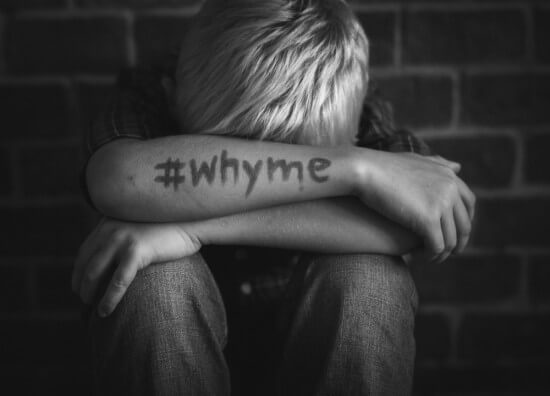
Open talk about suicides
Celebrity suicides should be taken as opportunities to discuss the underlying causes of suicide and mental illness and the barriers to seeking and accessing treatment. The fashion designer Kate Spade hesitated to get help for her depression. It is because she was worried that it would hurt her brand, which included cheerful and brightly coloured handbags and clothes. On the other hand, Deepika Padukone, a leading Bollywood actress, spoke about her struggle with anxiety and depression. She felt liberated and did not think she was caged anymore, or like she was hiding something. She emphasized that it was important for her to tell the world what she went through so that everyone gets to know their ways of dealing with it.
Public talk about mental illness and suicide is good for everybody, including celebrities. It helps break down the stigma and facilitate difficult conversations. The stigma of mental illness is fading. But the greatest hurdle for many people is not the fear of seeking treatment but access to such treatment.
It is a fact that suicidal ideation can be reduced or eliminated. Many people who considered or attempted suicide got help, and they got better. The media should write about such people. We need to read and hear about how they (the celebrities in particular) got out of it, what did they learn and what they would like to tell others. In other words, the focus should be on hope and life, not only on despair and death.
People who choose suicide want to end their pain, not their lives. It is unfortunate that they select a permanent solution to a temporary problem. Celebrity deaths remind us that no one, no matter how revered or celebrated, is immune to depression and the associated feelings of isolation, emptiness, heartbreak and hopelessness. Celebrity deaths should tell us that anyone can help, and little gestures can be sufficient. Life is precious. We should tell people how much they mean to us, all the more so when they are alive.
Book your Free Consultation Today
Parent/Caregiver Info:
Client’s Details:
* Error Message

